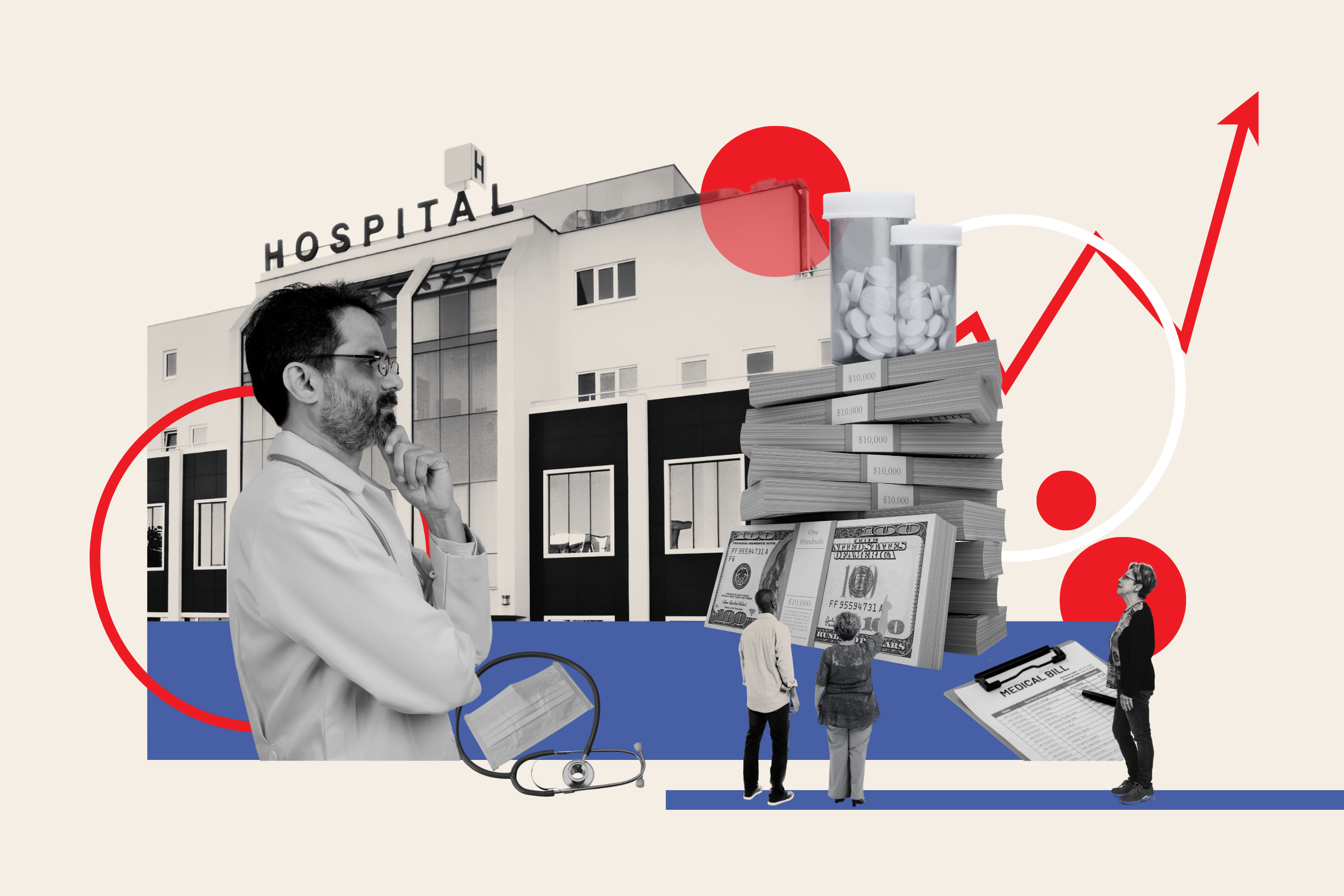- cross-posted to:
- [email protected]
- cross-posted to:
- [email protected]
Been that way for a while. When I was a kid I remember copays were $20 and almost everything was covered under good insurance. Now I pay close to $1000 a month and still have massive out of pocket costs and deductible. The bulk of my debt is medical and is only mounting. The US healthcare system is broken.
we pay for health insurance, not health care
Its almost more like “health assurance” which is bullshit. Like, ya, we totes gotchu covered 🤙
It wasn’t as good as you remember as a kid. Back then, people would get denied insurance coverage for “prior conditions”. This basically meant that once you developed some sort of health condition, if you ever wanted it to be covered by health insurance again, you needed to stick with your current plan and never, ever switch or have it changed by your employer.
Why is everybody always only looking on the negative side?
“Private companies now have access to SO MUCH wealth from all the victims at the mercy of their monopolistic webs. It’s SO GREAT for the economy, you can’t imagine how much they can squeeze out of every single family desperate for their relatives not to die, they’ll just hand over all their money and afterwards go into debt when the companies extort them with the decision to either hand over all their money or watch their loved ones die. Awesome returns of investment and TOTALLY LEGAL! Isn’t it just great?”
Sounds much better, don’t you think?
Between the amount I pay for insurance, copays, the deductible, out of network, and the auto deny policies, Just saving the money and paying cash looks better every year.
I wish there was at least the equivalent of credit unions for health insurance as an alternative.
Why pay cash when you can just let it the medical debt rack up without affecting your credit?
If I were able to afford health insurance, the cheapest plan which doesn’t cover half my meds would cost me $17k a year between premiums and deductible.
Remember the last time this happened the remaining few were like “Let’s organize and develop a plan to stop this if it were to ever happen again”
Funding cut by GoP
I technically afforded my health care the last two years, but it has been crippling. I am out of pocket more than $15,000 in deductibles that I could have used for other needs that have been deferred or financed at high interest rates. I also paid another $3250 per year in premiums plus whatever my employer pays. It is a non-trivial percentage of my compensation.
Also, fuck cancer.
Bet that percentage skyrockets when you look at people who have medical conditions or sudden injuries.
Seems like the heritage foundation health insurance market plan wasn’t a major improvement over the status quo. I hope everyone realizes the plan for public schools similar in project 2025
This is the best summary I could come up with:
However, the age group most struggling to afford health care is adults under 50—with 53 percent unable to cover their bills, down five points from 2022.
“The good news is that health care provisions in the Inflation Reduction Act—including empowering Medicare to negotiate lower drug prices, which has not yet taken effect—may help slow these negative trends and provide more stability.”
Each participant was grouped into one of three categories based on their reported ease in accessing and paying for medical care, prescription drugs included.
The findings follow those of the recently released West Health–Gallup Survey on Aging in America, which reported that one-in-three Americans—some 72.2 million people—have avoided seeking out health care in the last quarter due to cost.
“The year 2022 showed encouraging trends of increased health care affordability, post-pandemic,” said Gallup senior researcher Dan Witters.
"The decline in 2024 is concerning in that it shows the fragility of American’s purchasing power amid a high-priced health care system.
The original article contains 588 words, the summary contains 160 words. Saved 73%. I’m a bot and I’m open source!





